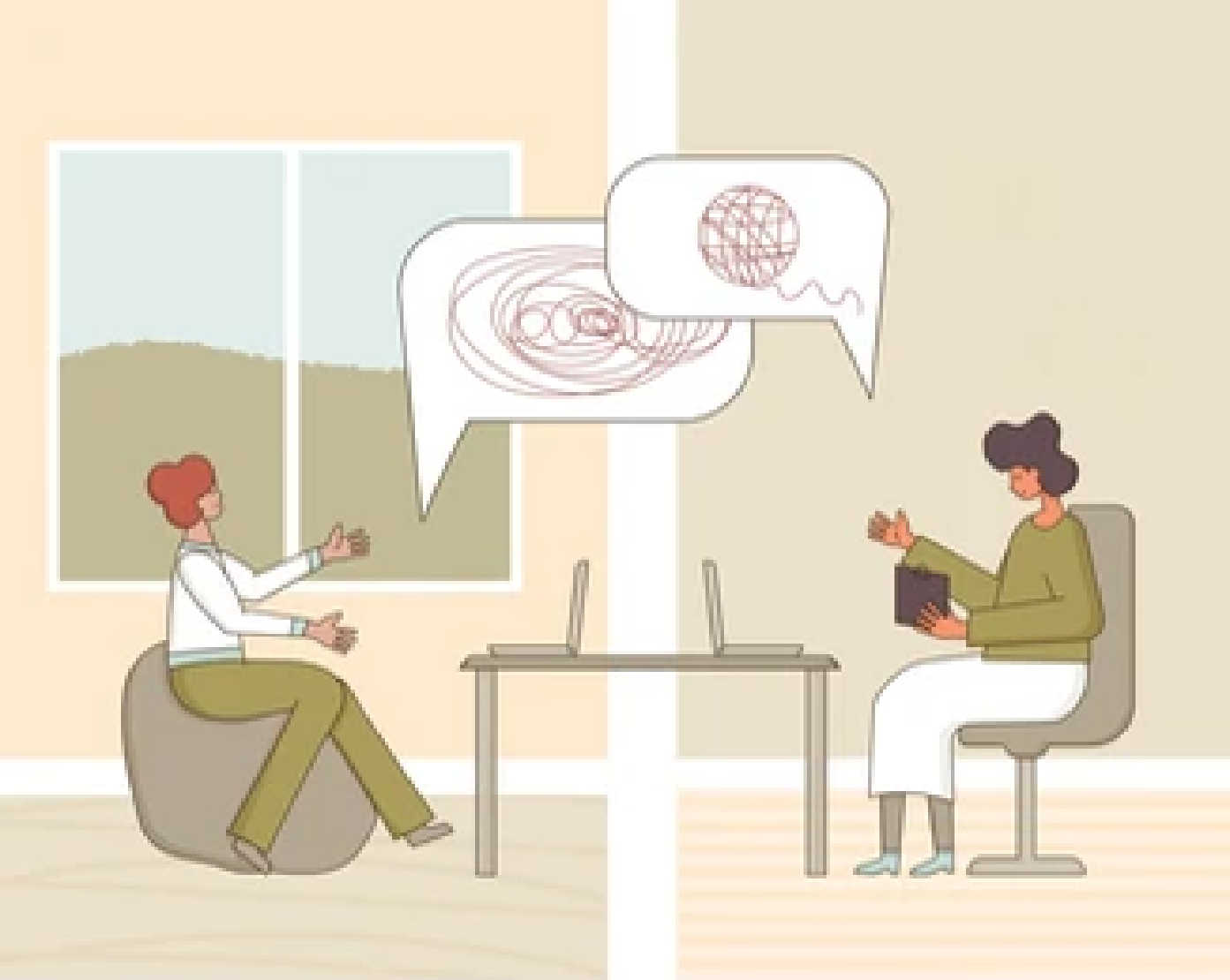
Grief is the response to the loss.
“I should know enough about the loss to realize that you never really stop missing someone-you just learn to live around the huge gaping hole of their absence.” – Alyson Noel
Grieving isn't just about the death of the loved one,
could be a sudden change in life,
or a response to financial & emotional losses,
it may also be about leaving a cherished place and moving to another,
breaking up,
our favorite teacher moving to another school,
or our regular food place closing down…..
What changes here is the emotions associated with each aspect which we connect and associate. And grief is the response to the factors with which we associate or connect.
The question is how we handle or deal with such situations?
Every individual is dynamic in nature and perceives things differently, we all react to grief in our own way. Some people may shout, while others may remain too calm. Grieving is also associated with rituals, tradition, culture, and also religion.
The counselor’s goal is to comprehend the dynamics of the client, as well as the specific patterns connected with grieving, and to assist them in coping in their own unique way and at their own pace.
Generally, people go through the 5 stages of grief (need not necessarily everyone should go through all the five stages) but it wings from sad to acceptance.
A few questions that we face as an individual or the practitioner are:
• How to educate a child about death?
• In general, how to help a client process grief?
• Or how to deal with the dying – be it an elderly person or a younger individual.
If yes, right away get a course from Asha the Hope which helps you address all the aspects of grief and associated factors, which enables you to deal with releasing pain, emotion regulation, and finding purpose in life again or to face death.
Diploma Grief Counselling covers the theoretical concepts, the course content covers everything from a counselor’s basic skills to advanced therapeutic techniques, stages of grief and other models, grief rituals and practices, how to counsel children and adolescents about death, adults, and also dying people, and finally, understanding the importance of effectively terminating the session.





